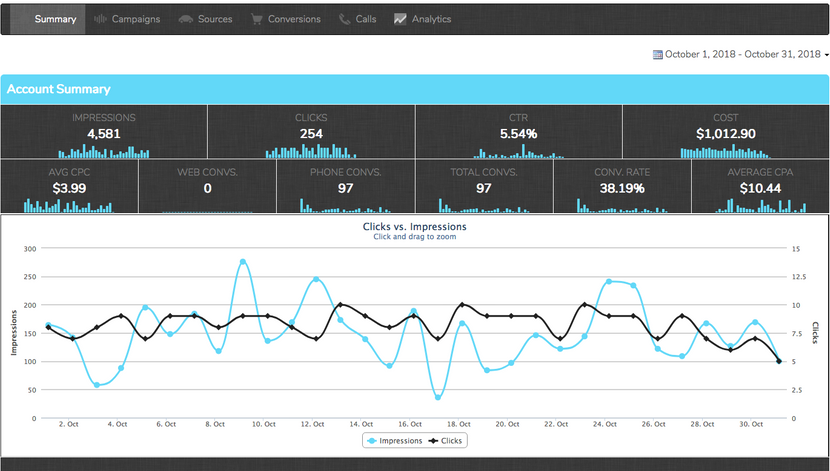Digital marketing has become extremely important over the past twenty years or so as many businesses have partly or fully migrated online. The concept of digital marketing is very broad as it encompasses numerous niches. They include campaign marketing, influencer marketing, search engine optimization, and e-commerce marketing and numerous other services. Due to this broadness, many digital agencies often struggle to offer all digital marketing services under one roof. However, this does not mean that they cannot market themselves to clients as a one-stop-shop for all of their digital marketing needs. All they need is to employ a white label model.
What is White Labeling?
White labeling is a relatively simple concept. The model allows one entity to brand and resell a good or service produced by another entity. For example, let’s say company x and company y are two digital marketing agencies specializing in different areas of digital marketing. Company x markets itself as offering all digital marketing services although in reality it does not have an in-house staff capable of competently offering all the services it claims to offer. When a client approaches it with work that it is incapable of offering in-house, it takes the work and lets it be done by company y which specializes in the services that company x’s client needs. However, company y performs the work under company x’s brand and, therefore, does not take credit for the work. As far as the client is concerned, it is company x that did the work, not company y. 
Is White Labeling legal?
The concept of white labeling is certainly great but is it legal? Yes, it is. The model involves a legal contract between the participating entities. This contract is called White Label License Agreement. It governs the relationship between the agency offering white label services and the agency marketing or selling those services. This agreement specifies, among other things, rights and duties of parties involved in the agreement, how profits are to be shared, service warranties, and intellectual property rights. It also has clauses on confidentiality, terms of termination of the agreement, and limitation of liability. Thus, White Label License Agreement is just like any other contract. Its main purpose is to regulate the relationship of the involved parties and minimize possible liabilities and legal risks associated with the arrangement. Since all the terms of the agreement have to comply with the relevant laws, drafting of White Label License Agreement has to be done by a lawyer.
Benefits of using a White Label model
White label model offers many benefits to digital marketing agencies that embrace it. The model allows an agency to expand the range of services that it offers with minimal investment as it does not need to hire staff capable of offering all the services clients may require. It also improves an agency’s ability to retain clients as clients are certain that the agency can meet all their needs. Moreover, since clients’ work is performed by specialized agencies, they get high quality services.
So if you want to quickly grow your digital marketing agency it is time to embrace white label marketing because White labeling is legal. Working with a highly specialized agency such as HopInTop allows you to focus on what you do best while letting it do all the work for your clients.



